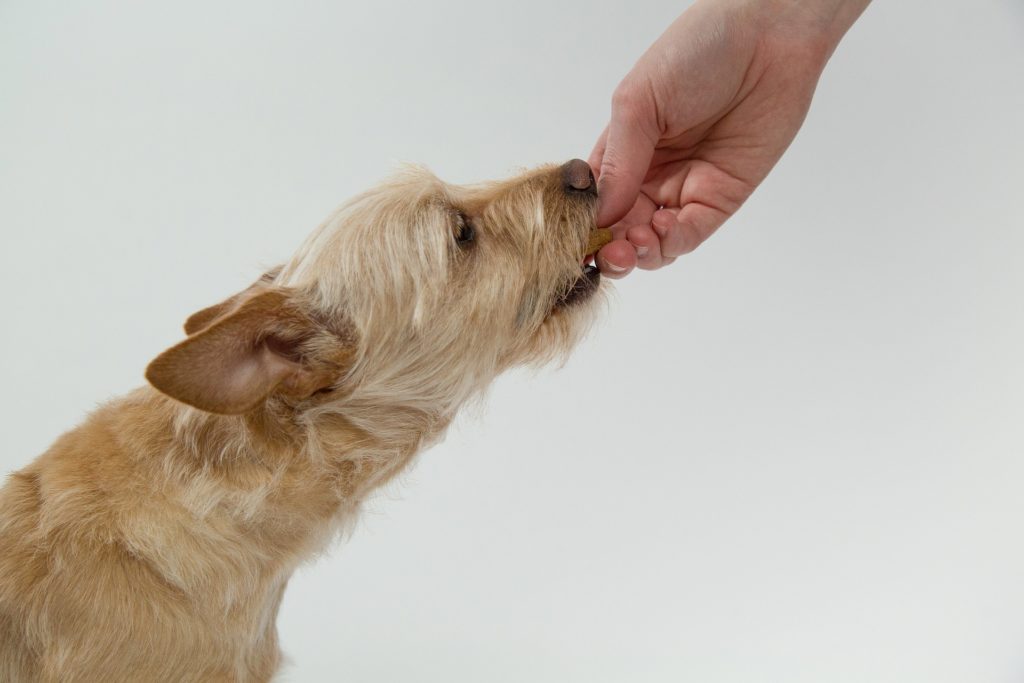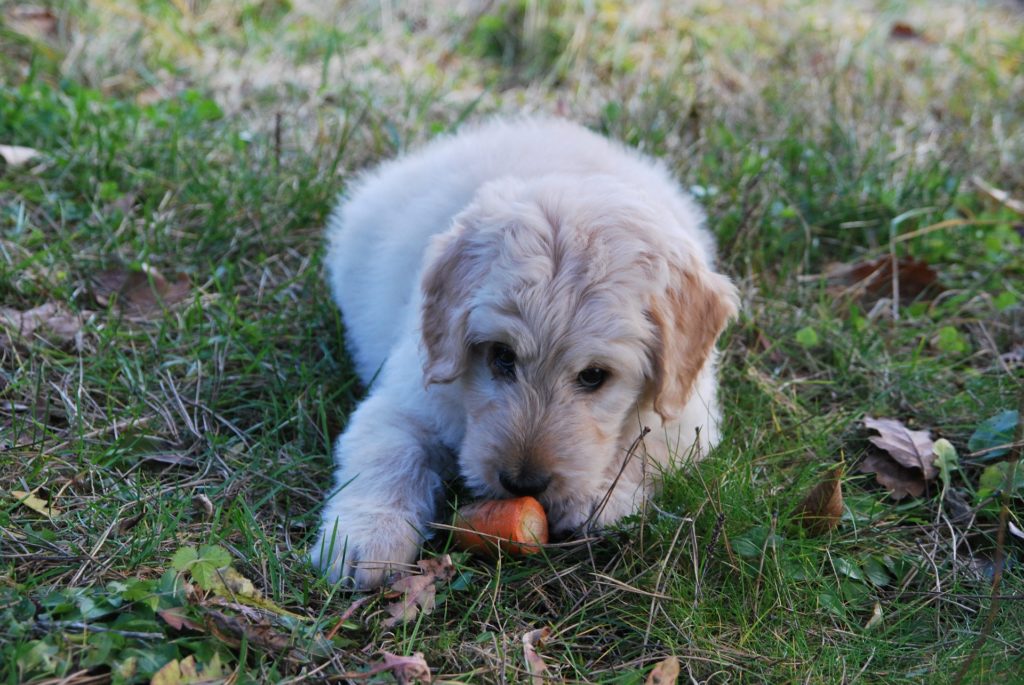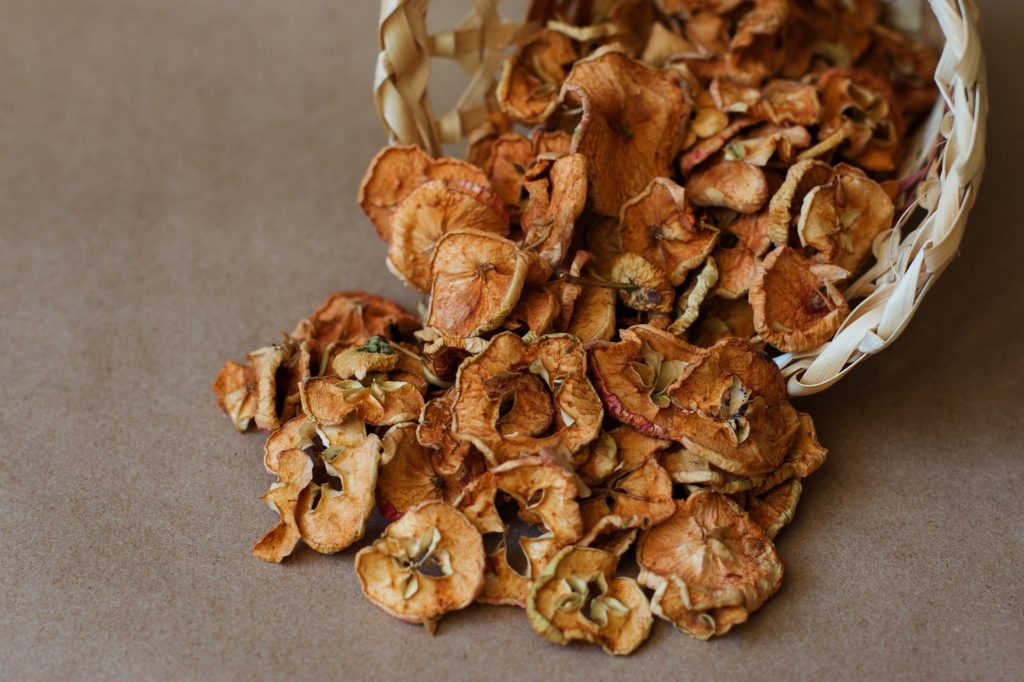Banana chips are pretty popular all over the world but have their origins set in India. These slices of banana that have been dried to perfection are something that many humans enjoy, but can your dog eat banana chips?
Today we’re diving into the topic so that you can learn whether to share those delicious banana chips with your furry friend, or not.

The short answer is that YES, your dog can eat banana chips. Dehydrated bananas are full of nutrients that your dog will benefit from. Banana chips contain dietary fiber, potassium, Vitamin C, and Vitamin B6.
Banana chips have been known to help increase energy in dogs! These fruit chips are also a great option for an upset stomach. Banana chips will help soothe your furry canine’s tummy if he’s feeling under the weather all the while helping increase energy when he’s feeling off.

You can provide your dog with some banana chips as an occasional treat or mix with their dog food. The key is to make sure there aren’t added ingredients in the banana chips. We recommend you purchase a dehydrator and make your own banana chips at home.
Making banana chips from scratch for your dog will ensure they’re getting healthy ingredients without added sugar or preservatives that could be harmful to your pup.

You can feed your dog other dried fruits, apples tend to do rather well for doggies. Just get that dehydrator out, slice up some apples and bananas then create some healthy homemade dog treats for your pet. You can store banana chips and other fruit chips in an airtight container.
You can keep banana chips for up to one week at room temperature. The banana chips for your dog must be sealed in an airtight container to maintain freshness for one full week. If you plan on preserving banana chips in bulk for the long term, just put them in a cool dark place and keep them for up to six months.

This is a fabulous way to provide your dog with an alternative treat that they can enjoy with you. You’ll feel better about giving your dog these healthy homemade banana chips because you’ll be giving them necessary nutrients without the additives found in other dog treats.
As with most dog eating advice, it’s best to consult your veterinarian before feeding your dog something new. Each dog, just like human beings, is different in what they can consume or not consume based on other health issues.
